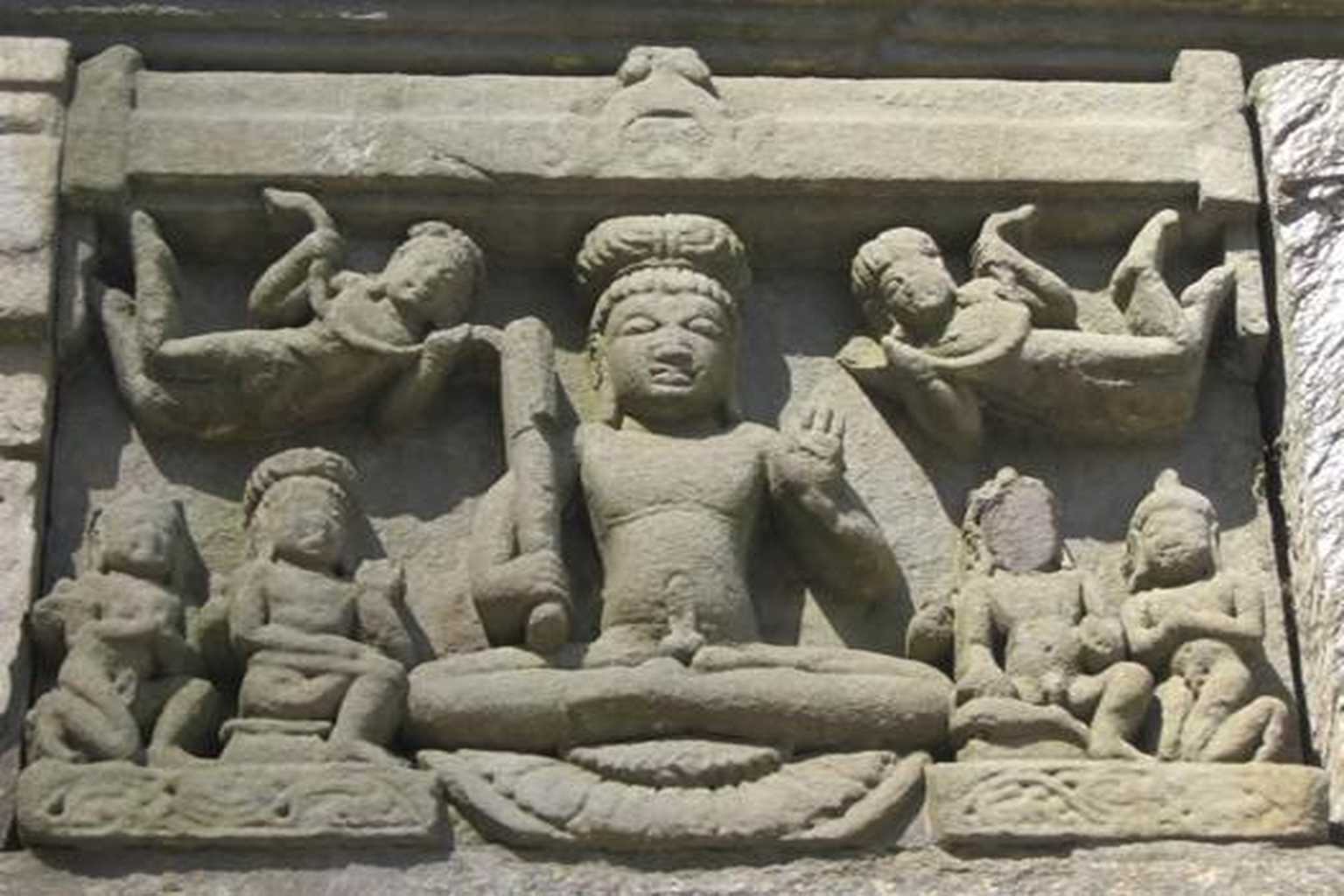
Dive into the Ajivikas and Other Ascetics Notes for UPSC with our comprehensive notes designed for competitive exam aspirants. Uncover the mysteries of this ancient civilization, exploring its history, cultural intricacies, and significance for your UPSC exam preparation.
Ajivikas and other ascetics
- The Ajivika sect was a group of ascetics in ancient India that existed around the same time as Buddhism and Jainism.
- They followed a strict way of life.
- The sect was founded by a man named Goshala Maskariputra, who was a friend of Mahavira, a prominent figure in Jainism.
- The beliefs of Goshala and his followers are mostly known from writings by Buddhists and Jains.
- These writings suggest that Goshala was of low social status and had a dispute with Mahavira shortly before the Buddha’s passing.
- Critics of the Ajivika sect said that they believed in a very fixed idea of how life and rebirth worked.
- While other groups thought that individuals could make their future lives better through their actions, the Ajivikas believed in a powerful cosmic force called “niyati” that controlled everything, including a person’s fate, in great detail.
- According to this belief, personal efforts to change or improve one’s spiritual destiny were futile.
- This led the Ajivikas to focus on strict self-discipline and self-control instead of pursuing specific goals or purposes in life.
The beginning of Ajivika sect
- The Ajivika sect was initially established during the time of the Mauryan dynasty in the 3rd century BCE.
- However, it later lost followers and faded away, though some people continued to practice it until the 14th century in the region that is now the state of Mysore.
- In later times, some Ajivikas began to worship Goshala as a god, and their belief in “niyati” evolved into the idea that everything is unchanging and that all changes in life are just an illusion.
MCQ Test on Ajivikas and Other Ascetics



